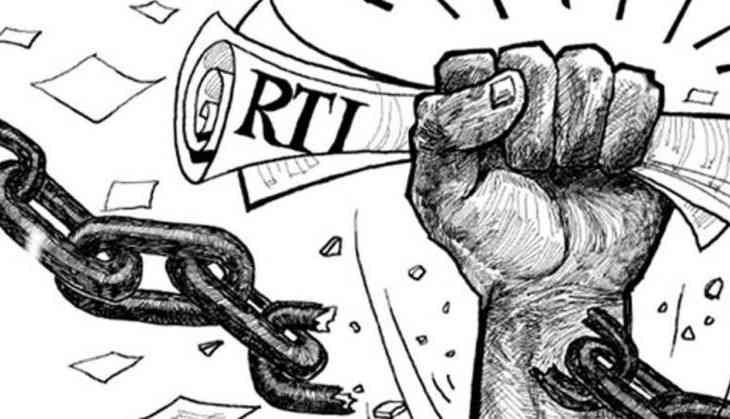The MFWA on Friday November 30, 2018 joined other member organisations of the Ghana RTI Coalition to observe a day of protest over Parliament’s failure to pass the longstanding Right to Information Bill into law.
It was the first in a series of demonstrations to be held every Friday to press for the passage of the Bill. Dubbed #RTIRedFriday, the protest also involved street advocacy with the distribution of RTI education materials in the business districts of Accra. The day was climaxed with a silent protest in the public gallery of Parliament which was in session. The leadership of the Coalition also lobbied some parliamentarians on the bill.

The campaign was a cry of “enough-is-enough” to Parliament after so many promises by senior government officials and leaders of the House were dishonoured. After a series of missed deadlines, the President of the Republic, Nana Akufo- Addo, on March 6, 2018, made what was hailed as the firmest promise yet about the passage of the RTI law.
“After many years of hesitation, we intend to bring a Bill again to Parliament and work to get it passed into law before Parliament rises,” the President said during his speech at the Independence Day parade.
Regrettably, this bold assurance by the “Number One Gentleman” of the land also joined the long list of unfulfilled promises as Parliament rose on March 23, 2018 without delivering the much-anticipated RTI law.
Parliament’s foot-dragging over the passage of the RTI bill undermines Ghana’s chances of achieving Goal 16 of the global development agenda, the Sustainable Development Goals (SDGs). This goal requires countries to “promote peaceful, inclusive societies for sustainable development; provide access to justice for all and build effective, accountable and inclusive institutions at all levels.”
The above ideals are clearly unattainable without a transparent and accountable public service which makes information readily available to citizens to empower them. Indeed, Goal 16:10 urges all countries “to ensure access to public information for their citizens and to protect fundamental freedoms, in accordance with national legislation and international agreements.”
Access to information is essential for public accountability and the effective functioning of a democratic state. When citizens are denied information, they become disadvantaged in their relationship with public institutions and are often unable to access certain basic public services for lack of awareness of their right to such services. Such a situation breeds arbitrariness, impunity, corruption and poor delivery of public services.
An effective Right to Information law is therefore a non-negotiable requirement for achieving robust, accountable and inclusive institutions, and the Ghanaian public need that as a constitutional right.





